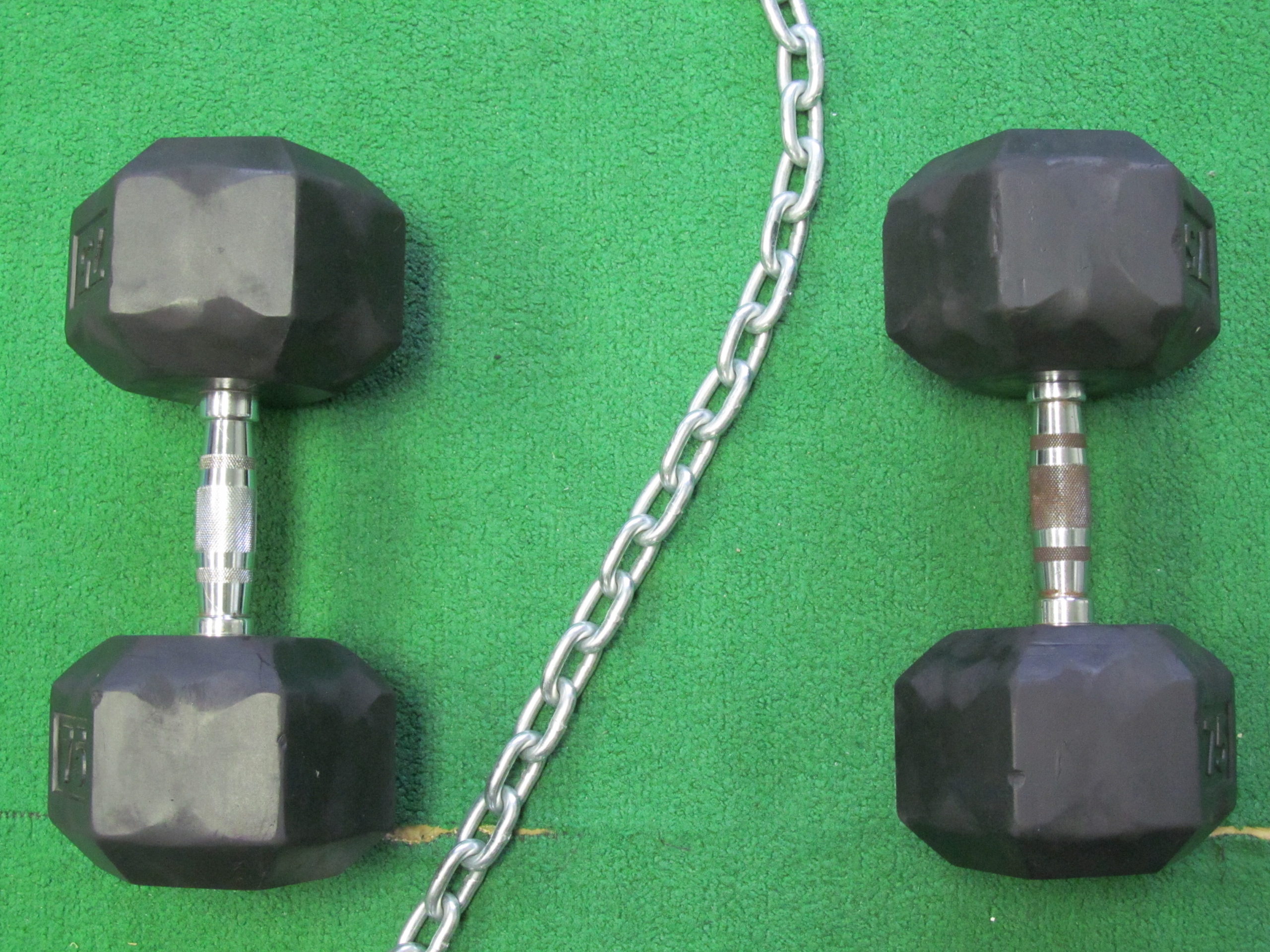Program: Volume and Intensity Cycling
Good old VIC. Volume and Intensity Cycling programs have existed since people started counting reps and sets. VIC has been called many names – Heavy/Light, High Reps/Low Reps and even Oscillating Intensity Training. Regardless of name the basis remains the same; that is, alternating workouts of low volume and low tension (or low intensity) with workouts of high volume and high tension (or high intensity). While VIC is old, it can still kick the butt of most fancy pants programs out there. Adding advanced methods to the basic template make VIC invincible. Volume and Intensity Cycling is highly effective for several reasons:
- It frames a desired performance level. Let’s use sprint training as an analogy. Improving 100 meter time necessitates addressing aspects of endurance and strength. A sprinter would therefore train both 120 meters (to address endurance) and 80 meters (to address strength). Applied to resistance training, if your goal is to improve the amount of weight you can lift on an exercise for 8 repetitions, you would frame that goal by training aspects of strength (using 6 repetitions and relatively heavy load) and aspects of endurance (using 10 repetitions and relatively light load). With both high rep days and low rep days included every week, VIC addresses both ends of the performance enhancing spectrum!
- VIC uses multiple pathways to build muscle and strength. VIC causes metabolic stress, improves motor skill and imposes high tension on muscle fibre.
- By alternating long, heavy days with briefer, lighter days VIC smashes muscle yet facilitates recovery.
- VIC eliminates guess work. Every muscle has an “adaptive niche” – responding better to either higher repetitions, lower repetitions or a combination of both. Since all levels of repetitions are addressed with VIC, your target muscle is guaranteed to receive optimum stimulation (at least part of the time).
BELOW is a basic VIC program dedicated toward developing the quads, lats, chest and biceps. This example should be integrated into a properly periodized program.
MONDAY – Legs, Back
(Group A) – 3 sets each, 60 seconds between sets
Squats 10 reps
Pull ups 10 reps
Hamstrings Stretch 30 secs
(Group B) – 3 sets each, 60 seconds between sets
Belt Squats 10 reps
Pullovers 10 reps
Calf Stretch 30 secs
(Group C) – 3 sets each, 30 seconds between sets
Calf Raise 30 reps
Rear Delt Raises 30 reps
Pec Major Stretch 30 secs
TUESDAY – Chest, Biceps
(Group A) – 3 sets each, 60 seconds between sets
Barbell Bench Press 10 reps
Dumbbell Standing Twist Curls 10 reps
Rear Deltoid Stretch 30secs
(Group B) – 3 sets each, 60 seconds between sets
Dumbbell Bench Press 10 reps
Dumbbell Preacher Twist Curls 10 reps
Lat Stretch 30 secs
(Group C) – 3 sets each, 30 seconds between sets
Shrugs 15 reps
Laterals 15 reps
Wrist Curls 15 reps
WEDNESDAY – Off
THURSDAY – Legs, Back
(Group A) – 6 sets each, 60 seconds between sets
Squats 6 reps
Pull ups 6 reps
Abdominal Stretch 30 secs
(Group B) – 4 sets each, 60 seconds between sets
Belt Squats 6 reps
Pullovers 6 reps
Coracobrachialis Stretch 30 secs
(Group C) – 3 sets each, 30 seconds between sets
Calf Raises 30 reps
Rear Delt Raises 30 reps
Pec Major Stretch 30 seconds
FRIDAY – Chest, Biceps
(Group A) – 6 sets each, 60 seconds between sets
Barbell Bench Press 6 reps
Dumbbell Standing Twist Curls 6 reps
Rear Deltoid Stretch 30 secs
(Group B) – 4 sets each, 60 seconds between sets
Dumbbell Bench Press 6 reps
Dumbbell Preacher Twist Curls 6 reps
Lat Stretch 30 secs
(Group C) – 3 sets each, 30 seconds between sets
Shrugs 15 reps
Laterals 15 reps
Wrist Curls 15 reps
***Repetition speed should reflect the goals, abilities and status of the athlete. In general, strive for a tempo which allows maximal strength expression while maintaining good technique.
On paper, VIC may not seem very novel or impressive. It is an old program, which (like an old friend) reappears every once in a while. Don’t take VIC for granted, however, as it is powered by very important muscle and strength building concepts. Frame your performance goal, target multiple growth pathways and be aware of muscle specific adaptive niches – your ambitions will become achievements!
